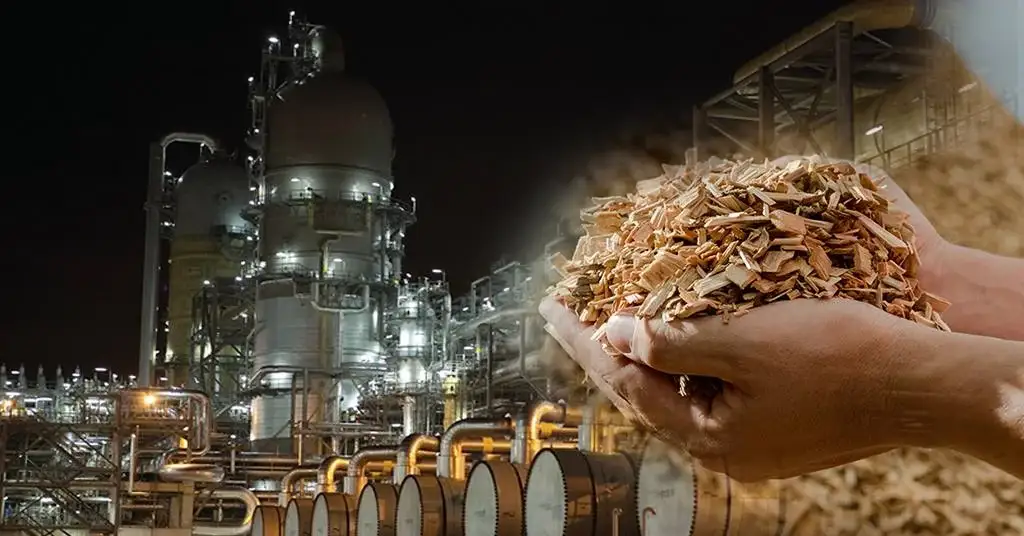Welcome To ChemAnalyst

In August 2023, the price of Coal experienced a noticeable decline in both the South African and European markets, reflecting significant shifts in energy dynamics and the global transition towards cleaner energy sources. In South Africa, the price of Coal dropped by approximately 1% during the month of August. This decline can be attributed to several factors that are reshaping the nation's energy landscape. Notably, there has been a decrease in the use of Coal for power generation within the country. This reduction stems from the availability of abundant Coal resources domestically, leading to a decrease in demand. Furthermore, growing environmental concerns have been a key driver in South Africa's transition towards cleaner energy alternatives. Exxaro Resources, a major South African Coal miner, reported a decrease in both production and sales due to the diminishing local demand for Coal. Additionally, persistent logistical challenges in rail transportation have hampered the export of Coal, further impacting the industry.
The SADC is grappling with a severe energy crisis. Governments across the region have been struggling to ensure a consistent electricity supply, which is essential for economic growth and regional integration. Historically, the Southern African Development Community (SADC) region has faced difficulties in providing electricity to its population, particularly those in remote areas lacking basic infrastructure. Only about 50% of the SADC region has access to electricity, highlighting the urgent need for increased electrification efforts. Recent electricity outages, stemming from poorly maintained infrastructure and a slow transition to renewable energy sources, have exacerbated the energy crisis. These outages affect access to electricity and threaten to drive many further into poverty due to hindered economic growth.
Despite its advanced technological and infrastructural capabilities, South Africa's slow progress toward adopting renewable energy sources exemplifies the energy transition stagnation in the region. Policy inconsistencies and vested interests within the energy sector have hindered the country's transition towards cleaner energy alternatives. Although the SADC region is rich in natural resources, including vast potential for solar energy, South Africa has historically relied heavily on conventional sources like Coal. South Africa served as an energy exporter in the past, supplying neighboring nations like Botswana and Zimbabwe. However, without a coordinated regional energy strategy, the country's current energy challenges have far-reaching implications for the entire SADC region.
In Europe, Coal prices experienced a 1.5% decline during August 2023. This drop was predominantly driven by several factors affecting the energy landscape in the region. Notably, there was a significant decrease in electricity demand and persistently high gas and power prices. Furthermore, a reduction in industrial output and emergency measures over the winter period contributed to the decline in Coal prices. To address these challenges and facilitate a recovery in energy demand while staying on course with the energy transition, the European Union (EU) must accelerate the deployment of clean power sources. Particular attention should be given to addressing barriers to integrating renewables into the energy grid.
We use cookies to deliver the best possible experience on our website. To learn more, visit our Privacy Policy. By continuing to use this site or by closing this box, you consent to our use of cookies. More info.
